I've been an iPhone user in the iOS ecosystem for years now after a brief stint in the Android realm. But, I'm also enthusiastic about varying forms of technology in general; I realize that iOS is far from perfect and that healthy market competition is beneficial for all. So, naturally being curious about other platforms, I decided to take Windows Phone for an extended trial run.
I ended up using the Microsoft Lumia 640 LTE, running the latest builds of Windows 10 Mobile, as my primary smartphone for a little over 3 months—almost 100 days and nights. What followed was a wave of excitement, anger, pleasure, depression, hope, sadness, and, ultimately, wondering how things could have been different for the platform.
To clarify, this is not a Windows Phone or Windows 10 Mobile review. I will discuss some of my experiences with the platform, but a third mobile ecosystem ties into a bigger issue here at stake. While iOS and Android are great systems overall, they have essentially created a smartphone duopoly, which is not an ideal solution for anyone in the long run.
The Good Stuff About Windows 10 Mobile
Windows 10 Mobile had some pretty cool features that ultimately could have led to a great user experience:
- Theming Engine - By changing the accent colors, you give the system a different visual look, helping to keep things fresh and fun. You could also toggle between system-wide light and dark themes.
- Live Tiles - When done properly, they provided you with quick access to information that you need, making the system dynamic. Custom live tile transparency was also a small, but nice customization option.
- Lock Screen - By default, you can have information like the current weather on the lock screen, just like it's bigger brother, and truly makes the lock screen very useful.
- Lumia Camera - Microsoft integrated the Lumia camera app into the OS, and it offers a good amount of photography options, presented in a package that looks clean and intuitive.
- Goodbye Screen - A small detail, but one that I really appreciated. When you power off the phone, it displays a goodbye screen. It's a small detail, but added a nice human touch to your experience.
This list is not exhaustive by all means, but I definitely appreciated the presence of these features most. Alas, for all the good ideas that Microsoft had, the core user experience is just fundamentally flawed.
A Quick Detour Back in Time
Ten years ago in 2006, Windows Mobile, BlackBerry, Sidekick, Nokia, and Palm ruled the "smart devices" landscape. The following two years saw the respective releases of the iPhone (with iOS) and Android OS, which led to the complete reshaping of the landscape.
Quite rapidly, the paradigm of what experience such devices should offer was revolutionized and "smart devices" became prominent everywhere. It was from the throes of this great shift that Microsoft vowed to keep fighting, which led to the spiritual successor to Windows Mobile, Windows Phone 7, in 2010.
Almost 6 years later, the Windows Phone platform has definitely matured in meaningful ways, but the pace of its progress might unfortunately be a little too late. The current state of Windows Phone via Windows 10 Mobile is quite unfinished, and this really does not bode well for the platform.
The Tragic, Ugly Underbelly of the Beast
Again, this isn't meant to be an exhaustive list, but these issues are pretty annoying to say the least, and seriously hamper the user experience:
- Contacts Fiasco - I quickly transferred my iCloud contacts, but half of them weren't being recognized. Furthermore, it seems as if this issue has been present for some time.
- Texting Horrors - This bizarre scenario unfortunately happened multiple times; I would text one person, but the messages app would show that I had texted a completely different individual. Obviously, this is the kind of bug that should have been resolved quite early on.
- Dull Edges - The new Edge browser was definitely a massive upgrade over Internet Explorer, but the overall experience in terms of performance, design, and features is still quite lacking when compared to Safari on iOS and Chrome on Android.
- No Consistency - Whether it's design, performance, or features, there is no consistency. For example, an app could be running just fine, then suddenly crash the phone. Also, some system aspects like the Settings app felt very polished, while the media controls were really sloppy.
- App Desert - Obviously, there is a lack of apps, but more than that, the quality of the apps that do exist are quite subpar. Foursquare, Spotify, Uber, Facebook, et al. all offered quite an inferior user experience compared to their iOS and Android counterparts.
It seems as if Microsoft lacks a compass when it comes to the direction of Windows 10 Mobile. Some parts of the OS are truly fascinating, but then you get show-stopping issues which make you want to smash your phone. Honestly, I kind of left "heartbroken" after the whole ordeal.
What This Means for the Smartphone Market
The success of Windows 10 Mobile, or other smartphone ecosystems, have bigger implications. Needless to say, healthy market competition has greater benefits for all. But as of right now, like it or not, you're basically stuck with just two players when it comes to a "smart" device. Once again, iOS and Android are both solid options, but what about the long term?
When we the people don't have options, we kind of get screwed. Look no further than the sorry state of Cable and Internet options available today to see what happens when there are no options available. With no viable alternatives, we're unfortunately forced to use services that can be inferior to our expectations and wants.
Of course, there are high barriers to entry in this market, which weeds out many competitors. Many of us were hoping that given Microsoft's standing, they could create a successful third entry. Many tried and failed including, Firefox OS, Ubuntu Phone, and even Samsung, who tried to make their own OS with no luck.
Furthermore, there's the issue of complacency. Having multiple players ensures a dynamic landscape; friendly competition guarantees that the companies are innovating, which is great for consumers. But with only two players, the prisoner's dilemma can arise for iOS and Android; if Apple and Google agree to "go easy" on each other, then there's effectively no competition, which is quite horrible for progress and for your buying choices.
Ultimately, I really hope Microsoft, or other parties, rise up to give us more choices for smartphones and their operating systems. iOS and Android are excellent and their domination isn't an accident, but history tends to repeat itself, and we need more players in the field to ensure healthy competition, dynamic progress, and great choices for all.
- Follow Gadget Hacks on Facebook, Twitter, Google+, and YouTube
- Follow Apple Hacks on Facebook and Twitter
- Follow Android Hacks on Facebook and Twitter
- Follow WonderHowTo on Facebook, Twitter, and Google+
Cover image via Ilcatta86/Flickr





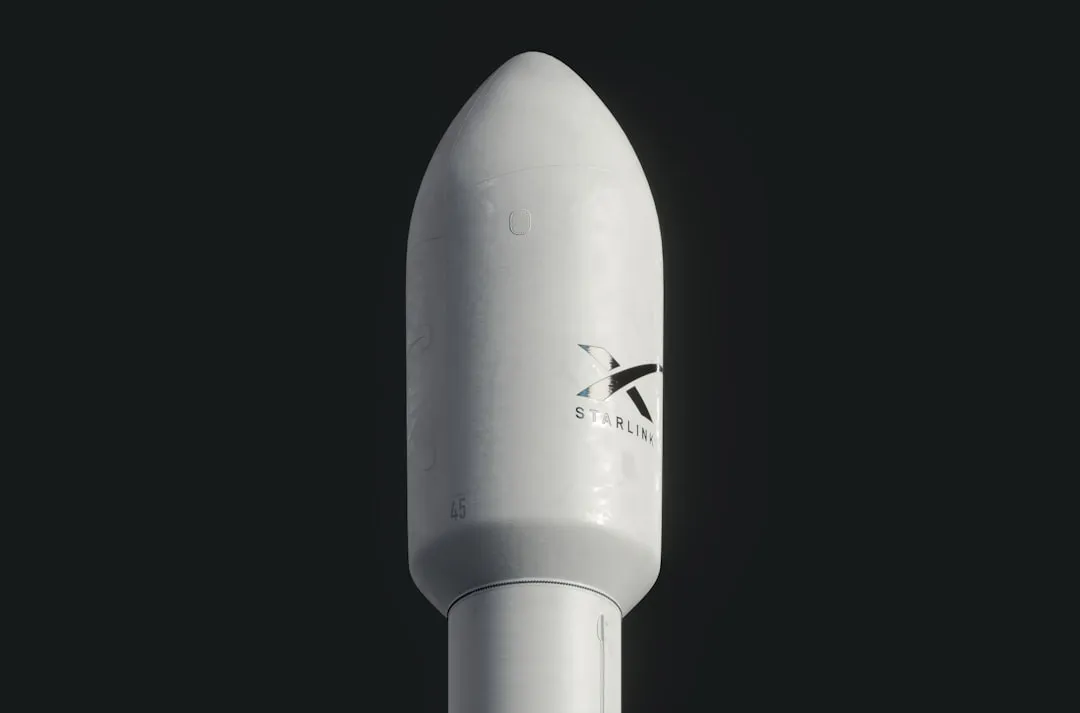

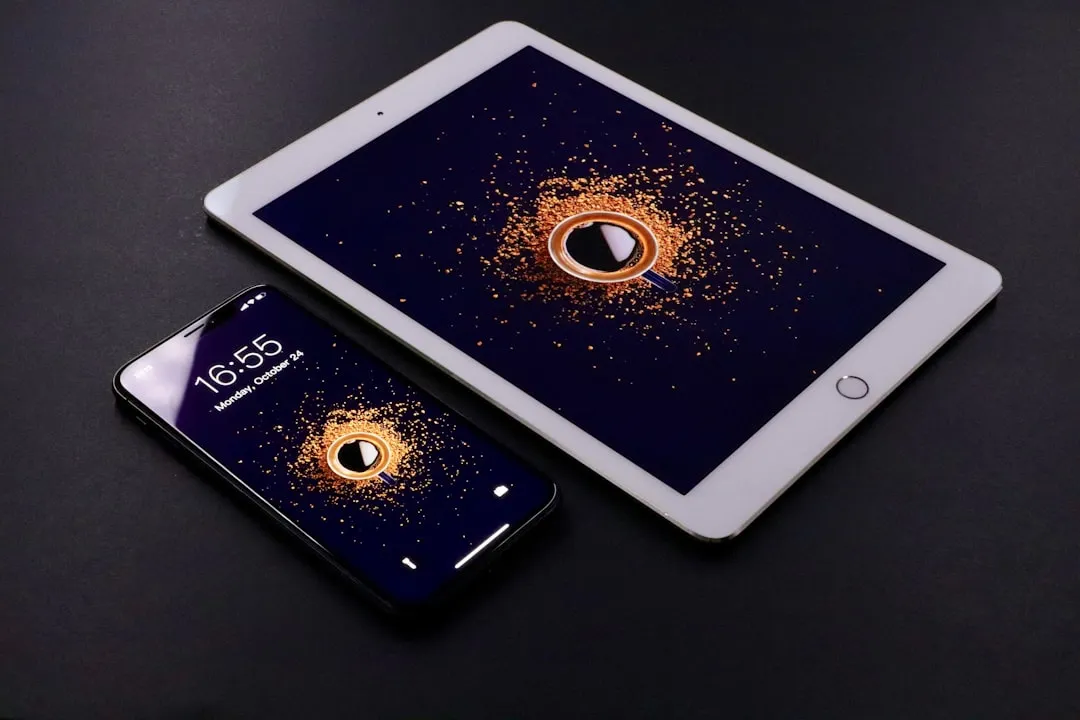
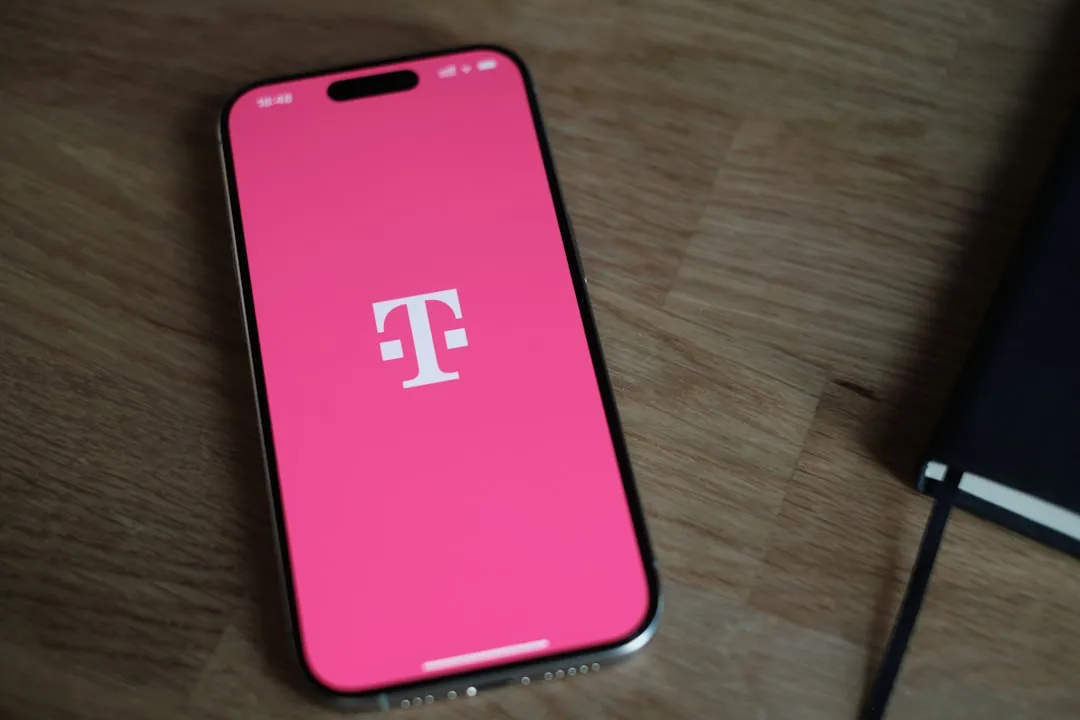

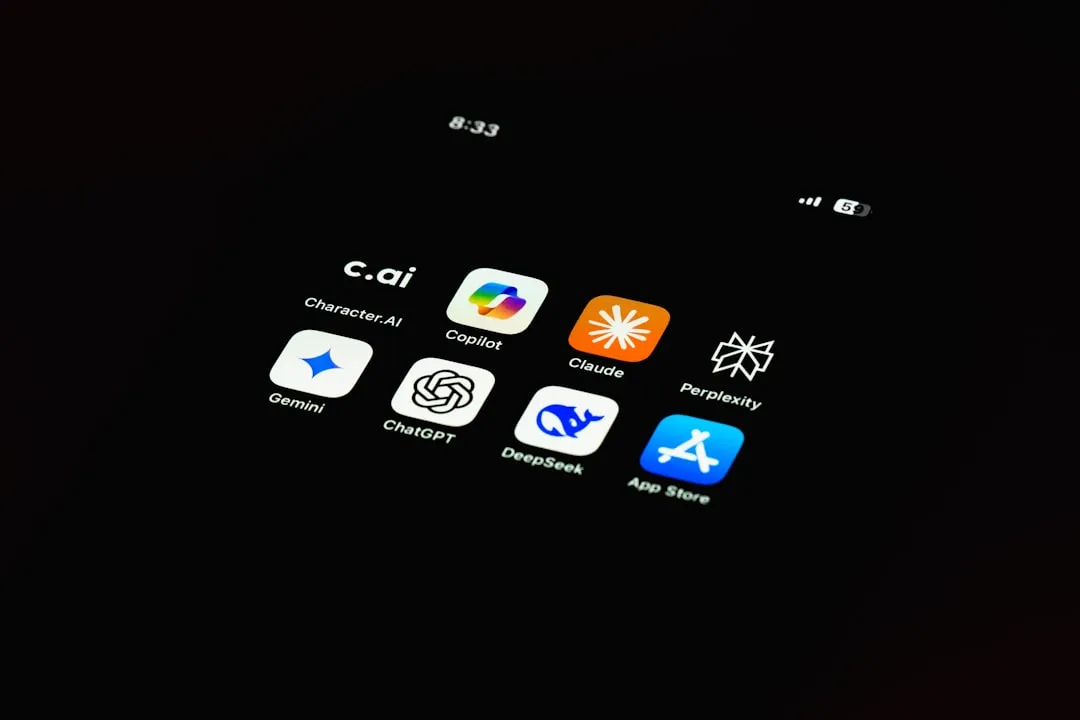

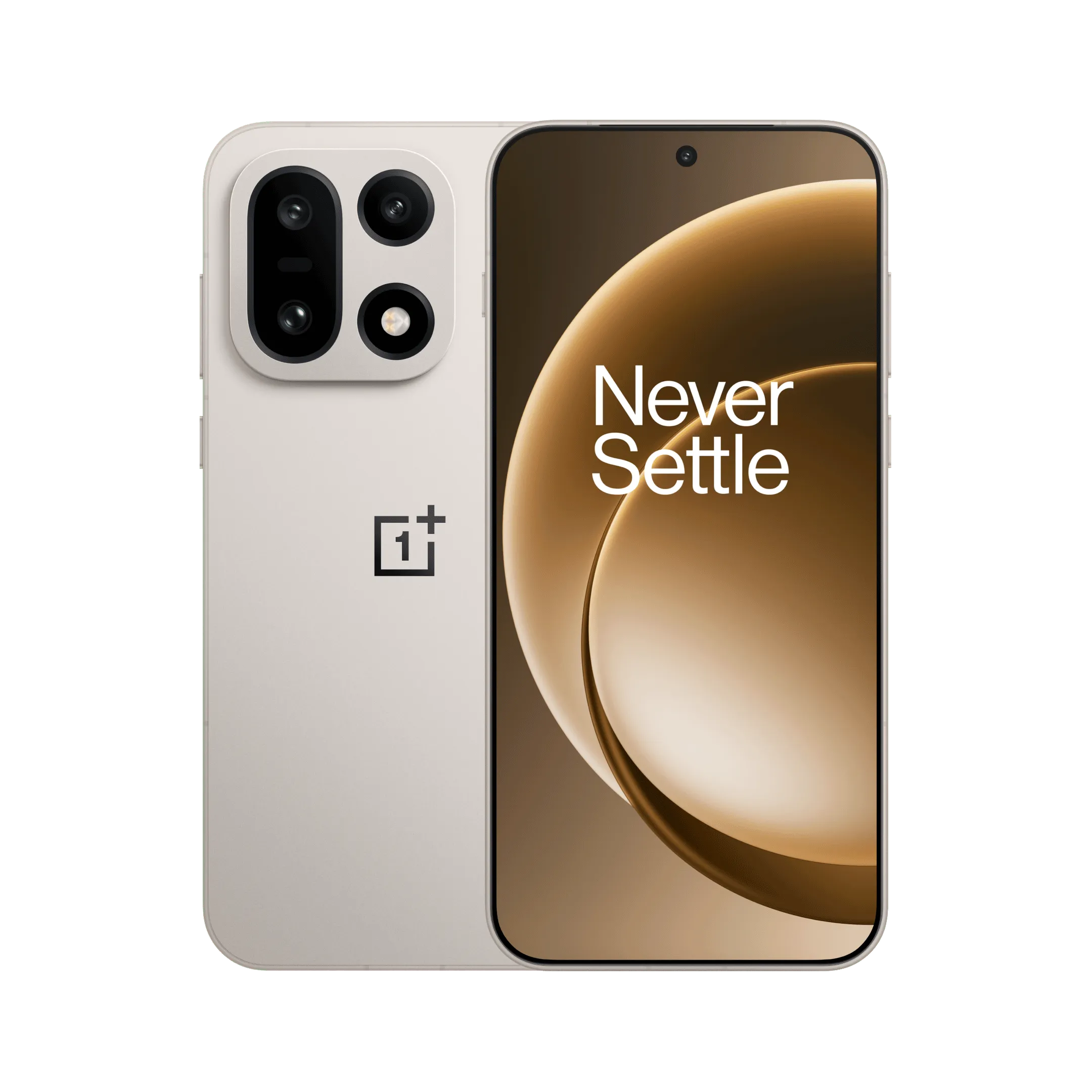












Comments
Be the first, drop a comment!